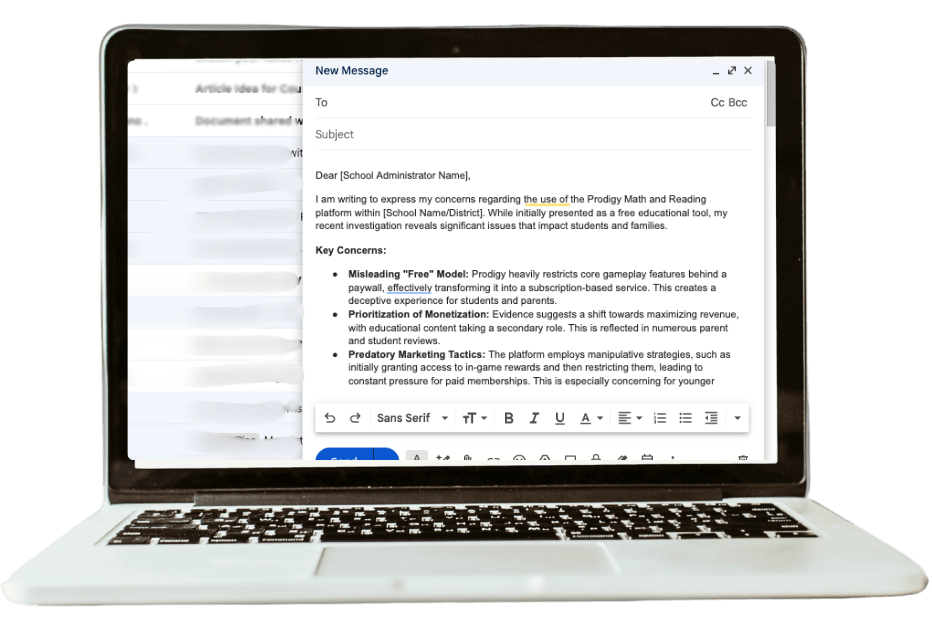When Feeling Nothing Seems Better Than Feeling Bad.
It had been a long day after a night with little sleep. I had been pushing to finish a deadline that I had stayed up the night before to finalize, and I needed the day to go as planned, but it didn’t. By the time I was headed home that evening, later than I had hoped, I had to stop and pick up dinner because there was not enough time to cook. I got home with no energy left to engage, and regardless of what I know about the benefits of emotional connection, all I wanted to do was to check out… cue the mindless phone scrolling. Sound familiar?
Many of us have been there, where wasting time is easier than utilizing it. Where it’s easier to be distracted than to identify where we may have failed. Our bodies do it naturally to help us cope when things don’t go how we want them to.
While there are a lot of theories and scientific explanations of why and what we lean on as coping mechanisms, there are 3 basic strategies that have been identified:
1. The first strategy is focused on modifying the way we Think.
If our mind is focused on something that feels overwhelming or heavy, we may try to shift what we are focusing on. Reading something on my phone can easily fulfill this.
2. The second is focused on modifying the way we Behave.
If we don’t want to do a thing- even if we need to – we go do something else. Checking my phone instead of doing what I need to is a good example of this.
3. The third often incorporates the first two and is focused on modifying the way we Feel.
When we don’t want to feel what we are feeling, we try to do or think something that will help us to feel differently or feel nothing. In the case of my long day, feeling nothing felt like a good alternative to feeling exhausted and disappointed. The problem with my choice was that at the end of it, I didn’t feel any better, and research is now showing that it might have even made me feel worse.
What We’re Up Against
Aside from smartphones being designed to help us connect with others and give us an avenue for more accessible communication, many app designers have embedded algorithms that push content, specifically appealing to each user. When I pick up my phone, it will offer me a buffet of options tailor-made to my taste. It’s no wonder, then, if my brain and body are looking for something to soothe my negative feelings, that I would choose an option that will target all the things I find pleasing; after all, looking at photos of my friend’s new baby does make me smile and feel joy. However, when I put my phone down, I am right back in my previous condition and have done nothing to address how I got there in the first place. Most of these coping strategies only offer a temporary alternative to a bigger problem.
Another thing to consider is that we are surrounded by social messages that make poor nutrition, sleep deprivation, and an over-packed schedule feel normal. We are a culture that is running on empty. It’s not surprising to hear that eating healthy, exercising, getting enough sleep, and adding a few boundaries to my schedule would all have been choices that could have given me more motivation to engage instead of zoning out. Still, those are hard to implement in the moment when they are all already in a deficit. So what can we do?
Small Changes Add Up
As I mentioned in a previous post about how easy it is to use our phone as the go-to , change starts with Awareness.
A great place to begin is to consider what is currently getting most of your energy and attention. It’s easy for me to recognize that I am more intentional with making plans and commitments in my professional and social spaces than in the places that impact my closest relationships and self-care. In the long run, taking better care of myself and making an intentional effort to engage with the ones I love will reduce the frequency of days when I am running on empty. If you are trying to consider some of the healthy practices that will keep you from being overrun, ask yourself a few of these questions;
- Do you have a consistent sleep routine and get at least 7 hours of sleep most nights, or are your sleep patterns more sporadic?
- Do you find yourself eating on the go and making last-minute food plans, or do you have a dependable eating schedule?
- Do you have intentional nights of engagement with your family, or does each night dictate itself?
These are all areas where small changes start to have big impacts. Going to bed 15 minutes earlier, making plans to eat one dinner a week at the table with all of the family members present, and having a reliable time when everyone can engage in a family activity together are great things to shoot for. Each of these will increase your connection and impact your internal sense of security and value.
Adjusting these habits takes time, and until you get to a place where they are your new normal, you might still have days when it is easier just to pick up your phone.
Paul explains this challenge well in Romans 7:18 and 19 when he says,
“I have the desire to do what is good, but I cannot carry it out; instead, I keep doing the thing I do not want to do.”
Creating new habits will take both grace and effort. Try not to be too hard on yourself on the nights you find yourself zoning out. Next time you find yourself reaching for your phone to cope, consider a few of these alternatives:
- Go for a walk without your phone.
- Journal about your day.
- Play a board game with your family to strengthen your relationships.
- Do a fun project to wake up your creativity.
- Phone a friend to decompress.
- Learn a new thing to engage your intelligence, like cooking or music.
All of these options activate parts of your brain in a way that promotes health and wellness. In the long run, they will leave you feeling more fulfilled and connected than what the in-the-moment zone-out can achieve.
If you really want to add another level of accountability to your commitment to change, ask a friend or family member to invite you to any of these choices when they see you disengaged with others and overusing your phone.
Selfctrl is dedicated to helping you have healthy practices with your technology. If the ideas in this article are something you need help achieving, please comment below or contact us directly; we’d love to help you.

Written By:
Angela Imhoff
Angela Imhoff is on staff at New Heights Church, serving as the Celebrate Recovery Ministry Leader. With a Master’s in and extensive training in Emotionally Focused Therapy, Angela is passionate about helping believers consider how emotional health influences their faith. She and her husband co-host The Connecting Couples Podcast and enjoy working together to build stronger marriages in their community. They live with their daughter in Fayetteville, Arkansas.




